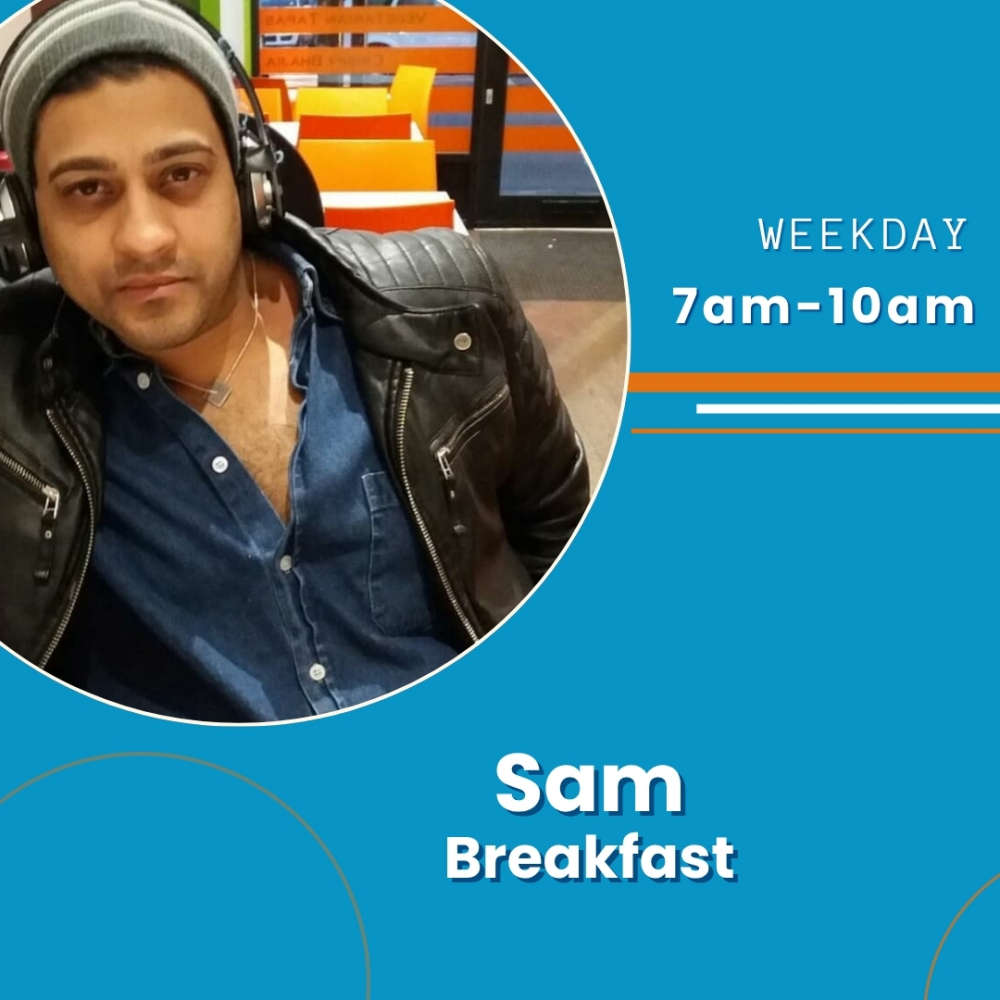
Search
Urgent and emergency mental support expanded across Leicester, Leicestershire and Rutland
Leicestershire Partnership NHS Trust, the organisation responsible for providing most of the mental health services in Leicestershire, Leicestershire and Rutland, is today launching an awareness campaign to make people aware of one of its key mental health services that’s available to them when they’re in a crisis.
The Trust introduced a 24-hour, seven day a week phoneline at the start of the pandemic, which takes calls from people who are in a crisis about their mental health or are calling on behalf of a loved one.
Now, ahead of the anticipated winter pressures that the NHS is expecting, LPT want to make sure that all residents in Leicester, Leicestershire and Rutland are aware of all the support.
Fiona Myers, interim director of adult mental health at LPT said: “We’ve been developing many of these services over the past 18 months, some of them in response to the COVID-19 pandemic, so that people had more support during this incredibly stressful time. Now, as we move into the busy winter and Christmas time, we want to make sure that people know about the support that is out there and most importantly, how to get hold of it.”
The support that’s available from LPT includes:
- A 24-hour, seven day a week phoneline – the Mental Health Central Access Point – for anyone to call in a crisis, for themselves or a loved one 0808 800330 and a poster to support this.
- Crisis Cafes – a new network of drop-in centres that provide a safe space, emotional support and one-to-one sessions for people struggling with mental health issues. No appointment needed.
- A Crisis House – a place of safety where people can go and stay in a crisis. This is open to anyone in a crisis and people are referred there once one of LPT’s members of staff have assessed them.
Fiona added: “We are urging everyone to use our services and not to struggle on their own. We are expanding our network of cafes so there will soon be one close to where most people live, but for now, the cafes we have are open to all.”
Leicestershire Partnership NHS Trust (LPT) provides community health, mental health and learning disabilities services for the one million people living in Leicester, Leicestershire and Rutland. We have a budget in excess of £275 million and employ approximately 5,500 staff. For more information visit: www.leicspart.nhs.uk.
To view or download the resources, please visit the LPT website - http://www.leicspart.nhs.uk/contact/urgent-help/
If you would like to order any promotional materials from LPT, please contact Ola Fatuga on lpt.stepuptogreat@nhs.net
There are three Crisis Cafes currently open.
- Loughborough – Loughborough Wellbeing Centre, Asha House, 63 Woodgate, Loughborough. LE11 2TZ. Open 5-11pm, Monday and Friday.
- Leicester City Crisis Café, The David Wilson Foundation Centre at St Martin’s House, 7 Peacock Lane, Leicester. LE1 5PZ. 9am – 5pm, Tuesdays.
- Market Harborough Crisis Café, The Symington Building, Adam and Eve Street, Market Harborough. LE16 7LT. 12pm – 8pm, Wednesdays.
If anyone is in a mental health crisis, please call our helpline at any time - 0808 800330. If there is a threat to life, call 999. Or you can call NHS 111 for support.
There are other support numbers for people to contact in a crisis.
- Samaritans - Call 116 123 (24 hours a day, 365 days a year).
- SANEline 0300 304 7000 (4.30pm–10.30pm, every day).
- Combat Stress 0800 138 1619 (24 hours a day, 365 days a year) for veterans
- Shout Text 85258 (24 hours a day, 365 days a year) for anyone struggling to cope
The crisis house in based in Leicester.
A crisis house is a short stay place of safety available for those who are 'open' (already being seen) to the Crisis Resolution Home Treatment Team and would benefit from this offer.
Case Study – Cat, Peer Support Worker.
Cat, aged 36, is carving out a successful career in mental health. Currently working as Peer Support Worker where she answers the phone at the Mental Health Central Access Point and helps people at the crisis cafes and the crisis house. She is also busy completing her degree in psychology and counselling at the open university and has plans to do her masters in psychotherapy.
This is quite a leap for Cat who has spent years overcoming the mental health issues that were holding her back from living the life she wanted. She was even told as a teenager that she would probably never be able to hold down a job due to her mental health.
Diagnosed at 15 with OCD where she had thoughts that she could hurt someone or was responsible for things that weren’t in her control, Cat was admitted to hospital, an experience that she describes as “traumatic” but one of the best things that happened to her. She left hospital 10 months later well enough to complete her A levels and start a career as an administrator.
Five years ago, Cat stared to use LPT’s crisis services when she suffered a miscarriage, triggering severe health anxiety and OCD again. She said: “I felt suicidal and even made a plan of how I was going to do it. Fortunately, I called my therapist who convinced me to go home and got the crisis team involved. The team suggested a stay at the crisis house which sounded quite scary, but I made myself go in for a week – my therapist and the Crisis House saved my life.”
The road to recovery
The crisis house is based in Leicester city, and it offers residential stays to people who need a few days away from home in a therapeutic environment. The staff provide one or two sessions a day that are person centred - based on an individual’s own needs and goals.
Cat sums up her crisis house experience: “I was in a place where I could be who I was – I didn’t have to act like everything was OK. And I could just have general normal conversations with people. It was life-changing.”
Cat’s return to the workplace
In 2017, after leaving the crisis house, Cat was referred to the Mett Centre, run by LPT. It started out with her attending sessions and building confidence and after leaving the centre, she even started her own support group. At this time, by chance, Cat saw the vacancy for the Peer Support Worker post. The PSW is someone who has experience of mental health services and wants to work in a role that supports other people in their recovery.
Cat now juggles her time between working at the crisis house, the crisis cafes and the Central Access Point (CAP) while studying for her degree. Acknowledging that the job can be stressful, she recognises that helping people is the most rewarding and meaningful thing that she has done. “If CAP and the Crisis Cafes were around when i was experiencing my crisis, this would have been reassuring and good to have a choice of how I accessed support. For now, though, I believe that having been at rock bottom gives me that continued empathy to help someone, even with the more challenging calls we get.”
“I know that I am making a difference. I listen to people, understand and acknowledge them and explore ways for them to move forwards and to feel better, either with our without our continued input.”
Air time or website Advertising
Contact Kash Kumar - Operations Manager I Broadcaster I Sales kash@sabrasradio.com
Office 0116 261 0006 - Mobile 07555 560878
